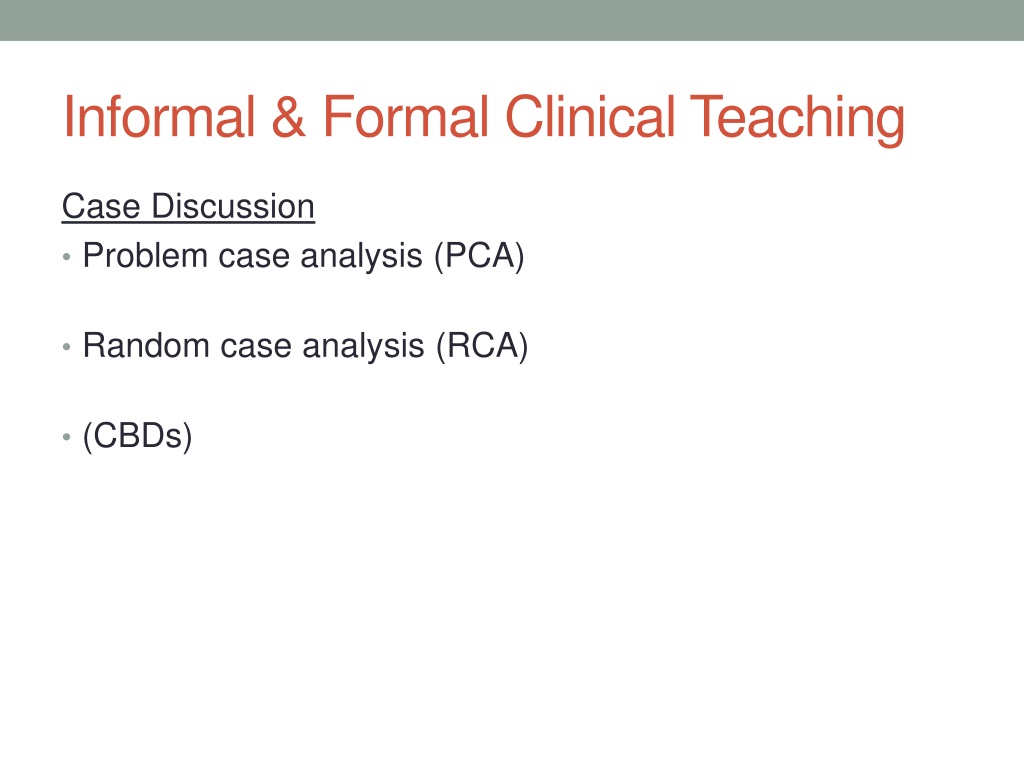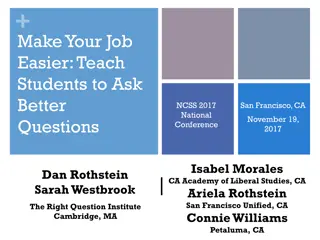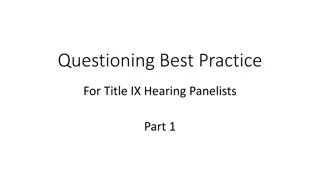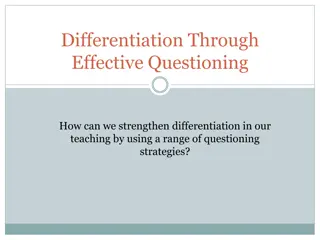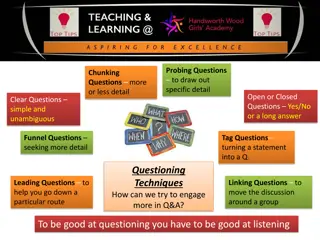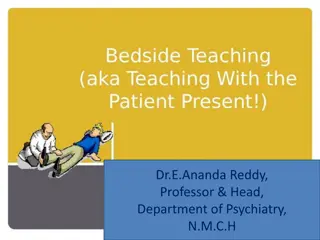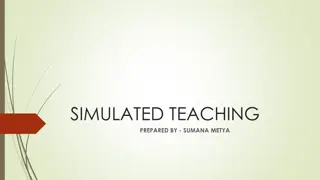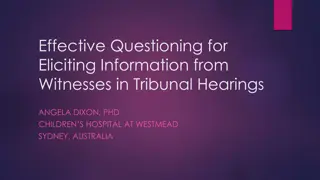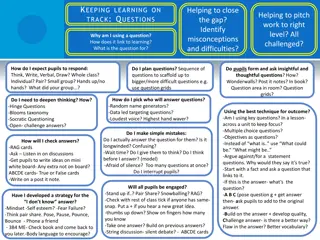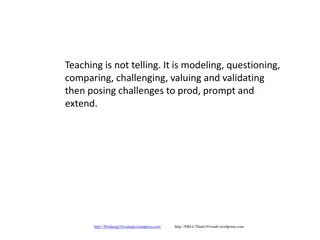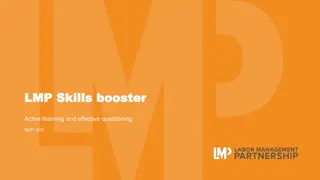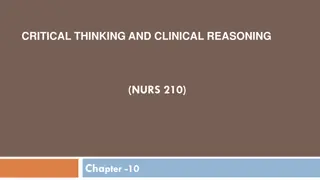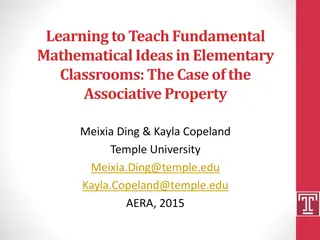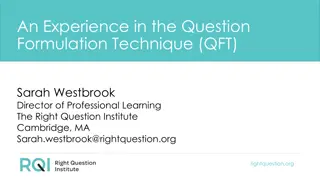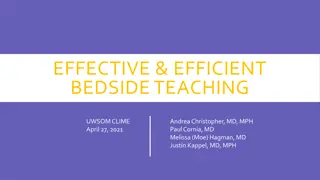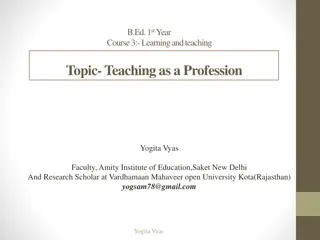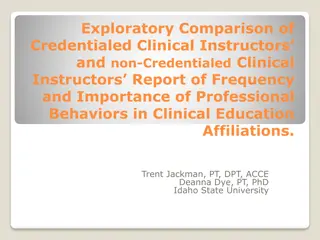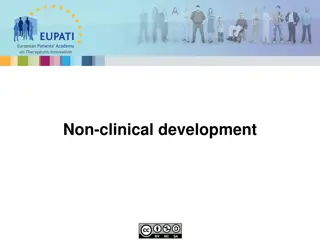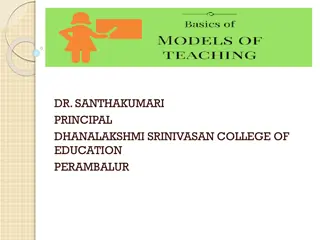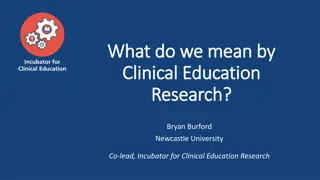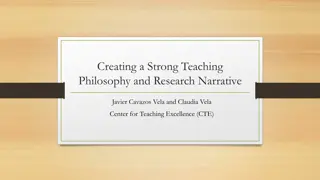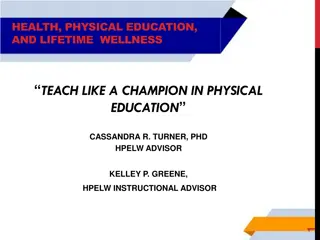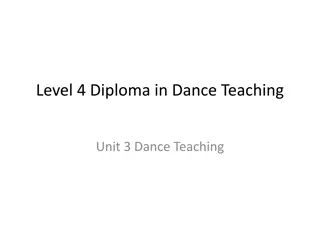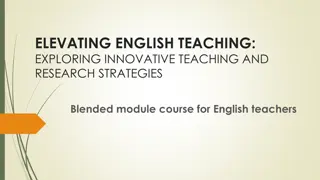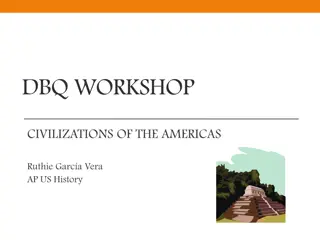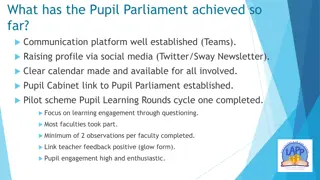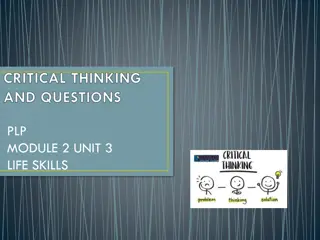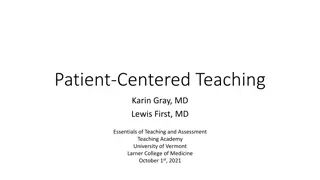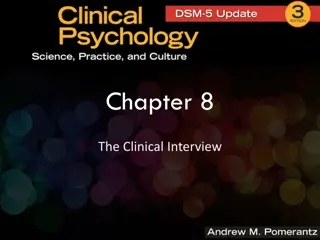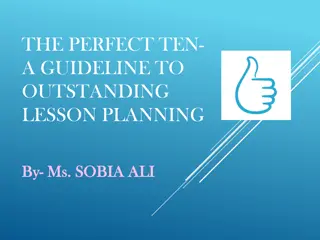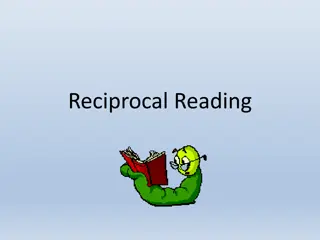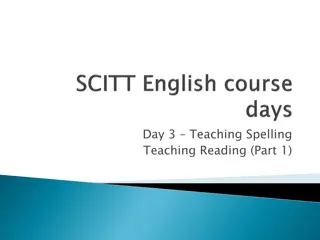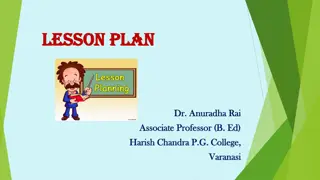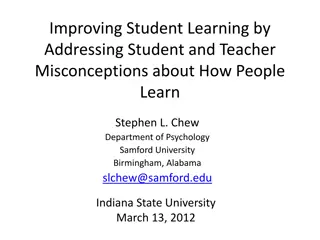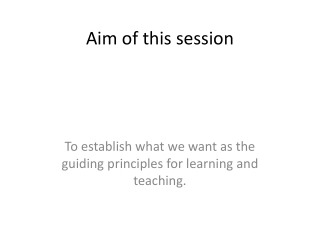Effective Clinical Teaching Strategies and Questioning Techniques
This content discusses informal and formal clinical teaching methods, case discussion, problem case analysis, constructivism, learning from experience, and the importance of questioning in clinical settings. It emphasizes learning through experience and transforming knowledge, with a focus on creating an engaging and thought-provoking learning environment for students. The inclusion of Socratic questioning and open-ended questions is highlighted as key in fostering critical thinking and patient-centered care.
Download Presentation

Please find below an Image/Link to download the presentation.
The content on the website is provided AS IS for your information and personal use only. It may not be sold, licensed, or shared on other websites without obtaining consent from the author. Download presentation by click this link. If you encounter any issues during the download, it is possible that the publisher has removed the file from their server.
E N D
Presentation Transcript
Informal & Formal Clinical Teaching Case Discussion Problem case analysis (PCA) Random case analysis (RCA) (CBDs)
Constructivism The mind actively creating knowledge through experience
Learning is the process whereby knowledge is created through the transformation of experience (Kolb, 1984)
Learning is the process whereby knowledge is created through the transformation of experience (Kolb, 1984) PCA/ RCA
Questioning The quality of a question is judged not by its complexity, but by the complexity of thinking it provokes Joseph O Connor
Socratic Questioning
Good open questions?.... (with thanks to Richard Thomson) How did this patient come to be here today? What do we know about this patient? What do we need to know in order to provide them with the best care?
